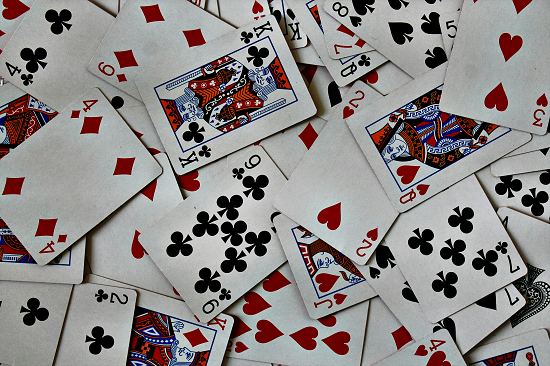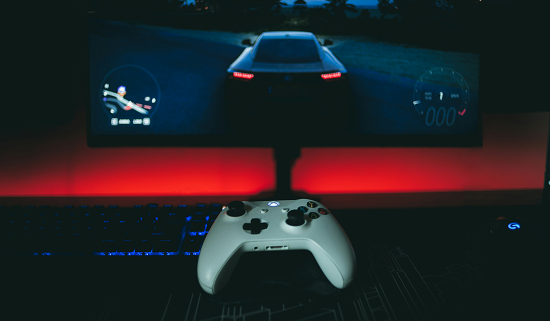Gaming Strategies: Lessons from the Track and the Poker Table
Photo by Dimitris Chapsoulas on Unsplash
If you think about racing games and poker, you might struggle to come up with anything they have in common. And nobody would blame you; poker is played with a deck of cards, while racing games use a video controller to control the on-screen action.
The games do have similarities; their online versions have become increasingly popular over the years, and at their core, they’re both multiplayer games. Beyond that, poker and racing games emphasize strategic thinking, where players must master a blend of skills, including planning and psychological insight if they hope to emerge victorious.
In racing games, players need to expertly maneuver through the twists and turns of difficult courses.
On the other hand, poker players need to be able to understand hand rankings and probabilities and be able to read their opponents effectively.
In both games, patience, risk management, and adaptability can make the difference between winning and losing. In this article, we look at some of the similarities between poker and playing games and the lessons we can learn from them.
Understanding the Game Mechanics
If you’ve played games like Gran Turismo and Forza Motorsport, you know how complex the game mechanics can be and the precision and strategy required to master the gameplay.
In Gran Turismo, players find themselves on realistic tracks with cars designed to emphasize handling, braking, and acceleration.
In Forza Motorsport, the emphasis is on the details of the cars and realistic physics that makes players believe they’re really behind the wheel of a high-performance sports car.
You have to master vehicle control to compete successfully in these games, which includes steering, throttle management, and braking.
In contrast, in poker games like Texas Hold’em, players focus on probability, hand rankings, and strategic betting.
If they’re playing the game in person or with a virtual reality headset online, players will focus on reading their opponents and making calculated decisions based on incomplete information.
If they’re playing online, they may focus more heavily on analyzing betting patterns, tracking statistics, and using software tools to gain an edge.
Despite the differences in approach, both poker and racing games require players to think strategically to anticipate their opponent’s moves and adjust tactics accordingly to gain an advantage.
Bluffing – The Art of Deception

Photo by Amanda Jones on Unsplash
If even you have never played poker, you’ve heard of the term bluffing. Bluffing has become part of pop culture, and you can find references to it everywhere, from music to the big screen.
When people get serious about their poker game, bluffing is one of the first skills they try to master because they know if they can bluff well, their chances of beating an opponent go up significantly.
On the surface, bluffing might look like one of the easier skills to master. In reality, that couldn’t be further from the truth. You have to know a lot about the theoretical side of poker and have a lot of experience at the poker table to bluff effectively.
You also have to know when it’s time to give up and when you should keep playing. When you’re in the midst of a poker game, keeping up with all of these variables can be hard to do.
There are many bluffing techniques, including the semi-bluff, where a player bets with a drawing hand, and the stone-cold bluff, where a player bests with a weak hand.
Poker is a psychological game, and you have to look for your opponent’s tells, signs they subconsciously give off about the strength of their hand. You won’t just find bluffing at the poker; it also happens in racing games.
If you’re racing against someone and pretend you’re going to make a move, you can force them into making an error. This strategy works best in multiplayer racing games, where psychological warfare can be as important as one’s driving skills.
The Role of Patience
In racing games, a new player might be tempted to put the pedal to the metal and go as fast as they can to get to the finish line.
While this may seem like a good strategy, waiting for the right moment to pass an opponent can make all the difference between winning and losing. In poker, a player has to wait for a strong hand while observing their opponents and making strategic bets. In both games, players need to master restraint and timing.





Leave a Reply
Want to join the discussion?Feel free to contribute!